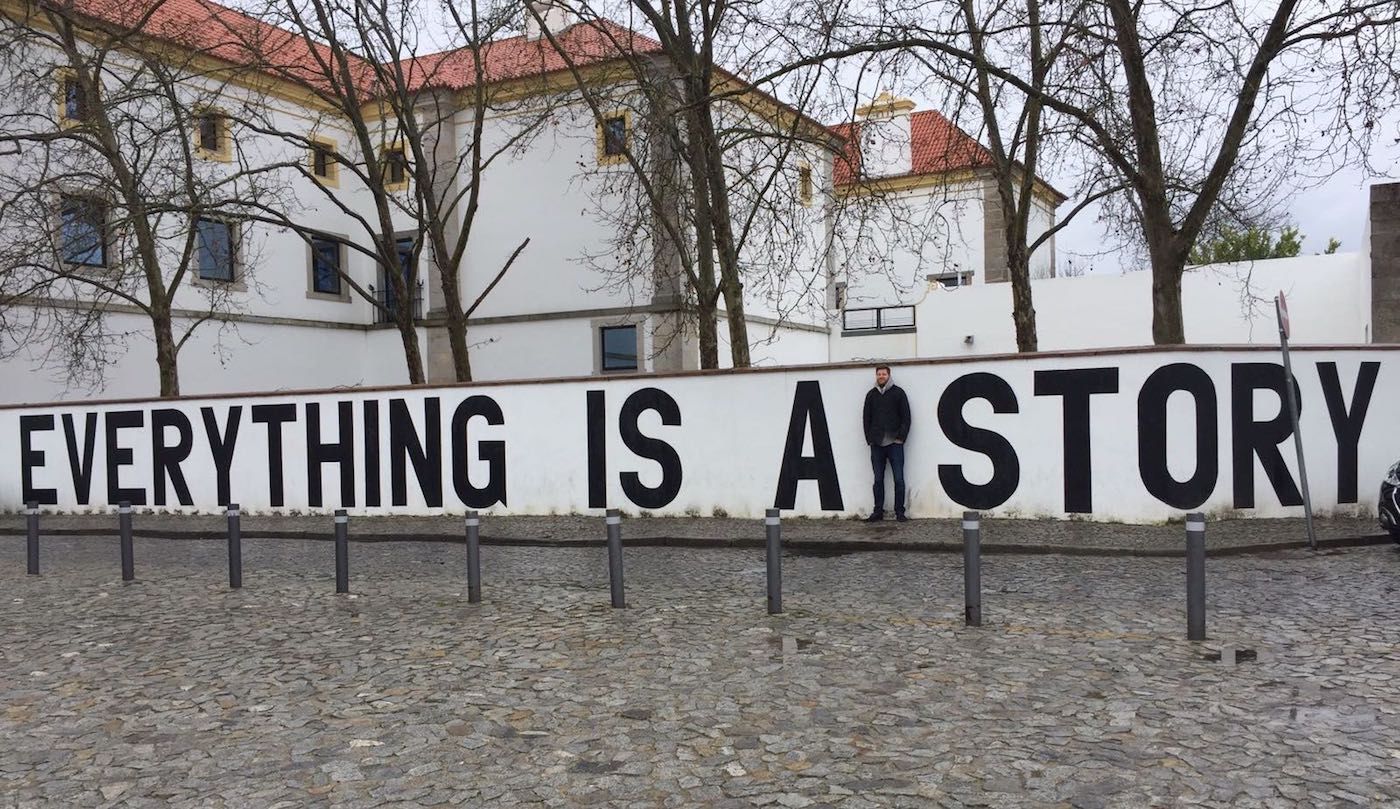Paul Caputo shares his fascinating insights into not only his own challenges of becoming a wine writer, but on those who have gone before him that have become such strong influences and inspirations to succeed.
At Wine2Wine, Italy’s big wine business conference, Heini Zachariassen of Vivino sauntered around the main auditorium stage and pronounced that wine critics, in case we hadn’t yet worked it out, didn’t matter any more. They no longer had any influence and tools such as his had swept the deck clear, democratising judgment and placing the power firmly in the hands of the masses.
The voice of one individual, couldn’t (and shouldn’t?) compete with the aggregated opinion of the millions of users they’d brought together – all tasting and rating according to their own subjective experiences.
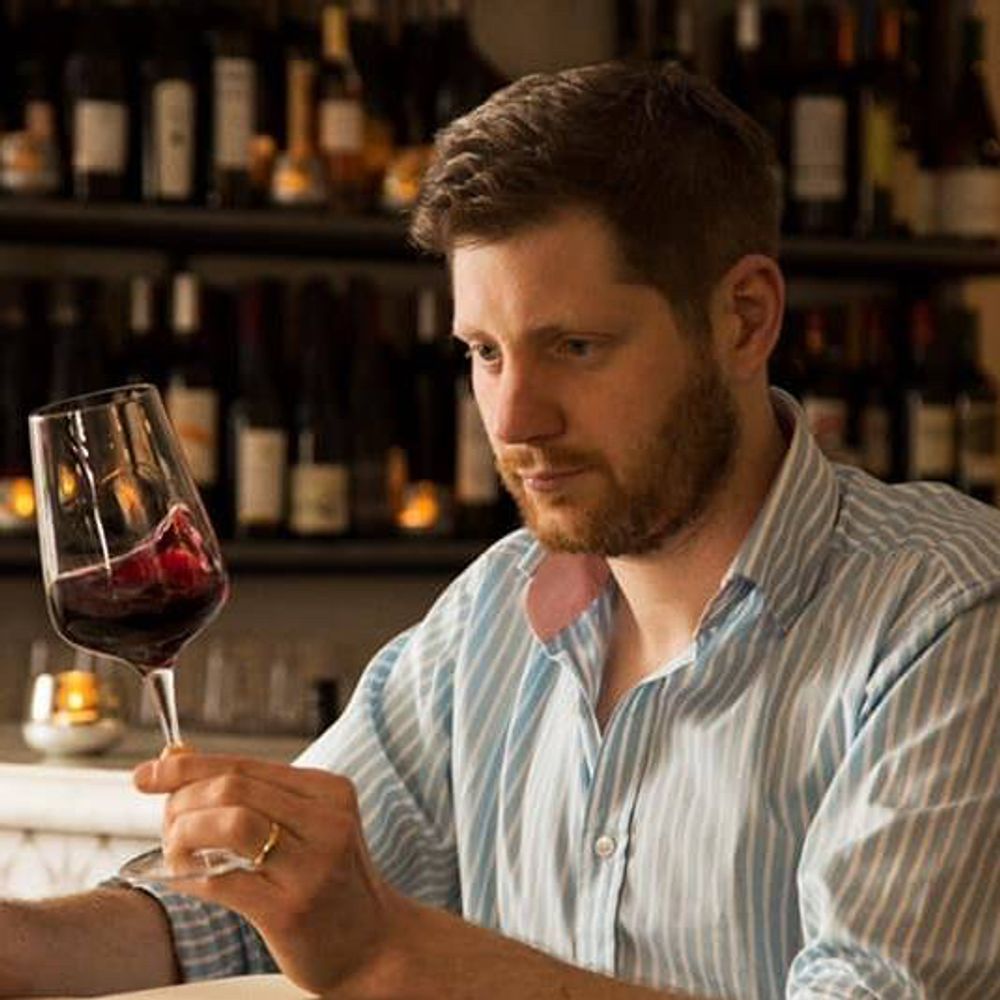
Paul Caputo is looking at different options to help him make money and become a wine writer at the same time
An hour or so earlier, Bruce Sanderson of the Wine Spectator stood up on the same stage and delivered the publication’s latest curation of highly rated wines, with great ceremony and aplomb, almost as if there was no other opinion worth following. The message was clear. Expert knowledge and advice resides at the Wine Spectator, and by implication, it remains critically influential.
Needless to say, both have a vested interest in taking the positions they did, but over dinner I discussed the notion with American marketer Susan Hedblad. Somewhere along the way, writers, journalists, critics and digital influencers got lumped together as existing to serve the same purpose – that of helping to sell more wine. I admitted that, as a relatively young wine writer, I’m frequently uneasy about investing my time, and (let’s face it) money trying to build a career in this field. The need to articulate and justify my ‘influence’ is exhausting, probably unhealthy, almost certainly leading to a lower standard of work, and if what Heini says is true, utterly futile.
Wine writing challenges
It’s no secret that wine writing offers limited opportunities for renumeration and so, like many other wine writers I offset the pitfalls of this professional trajectory with other projects. For many years I sold wine, but now I offer strategy and communication consultancy through The Why Studio. I’m also building a wine technology startup in Vinorandum.
The trouble with wine writing is that it’s not easy to do it well. The last decade working with wines and words has taught me as much. In my predictions for 2020 I positioned that “good wine writing requires a great deal of insight, and thus travel, not to mention networking one’s way into good stories, or indeed the continued honing of the craft of writing”. Having the support of the industry is a critical tool. Wineries may not be able to invite and host international journalists (and neither, possibly, should they) but they should be thinking about collaborating with their neighbours to encourage visits to their territory.
With very few full time jobs around, many wine writers work freelance. Some work on their writing for the fun of it, others as entrepreneurs, seeking ways to incorporate a revenue model into their projects and mediums. In this case, their role is every bit as much the publisher as it is a writer.
Technology has rapidly shifted the ground under everyone’s feet over the last decade, and 2020 is undoubtedly going to deliver more of the same. Social media facilitated a massive rethink of journalism in general, but as Susan pointed out, in the wine world, Instagram very quickly changed everything again.
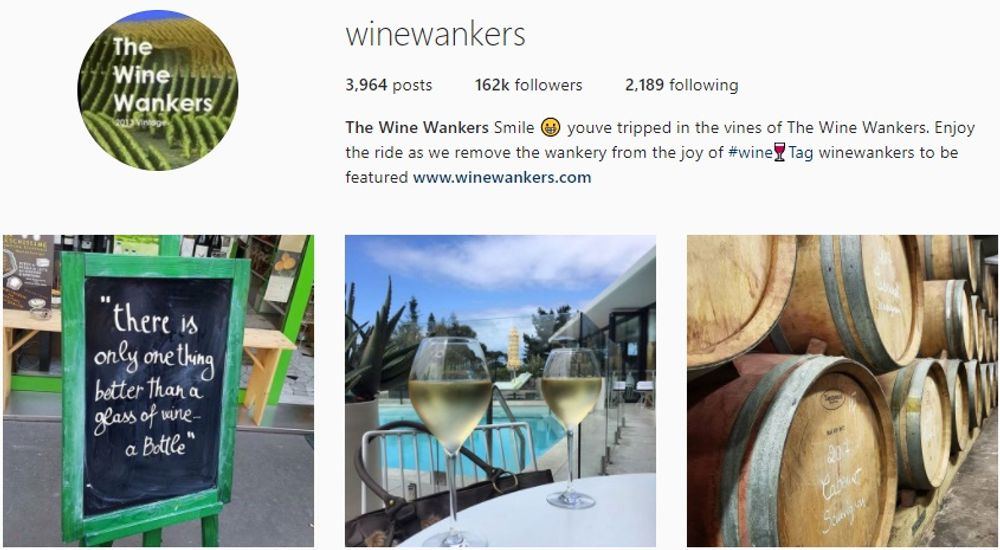
The Winewankers are a good example of a new generation of wine content creators who would not see themselves as journalists but produce content enjoyed by a large audience
“New age wine experts came on to the wine scene almost out of nowhere, and their preferred platform was Instagram. While the seasoned experts tweeted and ignored Instagram, a new wave of communication took hold. Brands began courting these experts as if they were Chiara Ferragni”.
“Proper grammar and facts became optional on a platform that begs the easy-going and shareable. A sort of ‘netiquette’ that privileges acceptance gave way to new (or no) boundaries in wine communication. The ‘real’ wine communicators, began grumbling.”
It is of course no secret that funded invitations for press trips to regions, competitions, and trade events, are increasingly taken up by this new wave of ‘expert’. As such, it’s easy to understand the bitterness. I know dedicated professionals that diligently go about their work and have done for 20 years. Having ignored new communication strategies, finding the idea of researching cool hashtags beneath them, they have an audience of hundreds. Meanwhile, the 22 year old who discovered wine 12 months earlier has more than 100k followers.
Producers and influencers: a delicate balance
The trouble of course, was, and still is, that most of them are not Chiara Ferragni. Some brands (normally the one’s finding it difficult to shift their stock) are already beginning to resent the time and money invested in courting these new digital experts. “Were they influencing anything at all”? echoes Susan.
It’s tremendously difficult for brands to evaluate who is truly providing what value. Is a long-form, in-depth article seen by a thousand curious readers worth more or less than a picture of a bottle label that is seen, passively, by 25,000 or even 50,000 people? There are inevitably pros and cons of both.
Yet, for Susan, there is another aspect worth considering on the topic of influence, and that is the power of community. “These wine experts form communities, clubs of a sort to be reckoned with. They cross boundaries in ways that are not easy to pin down. There may be facts that are incomplete, but there is a savvy that can’t be ignored. There is also an interesting sense of collaboration and networking that is typical in today’s liquid and uncertain world. For them, uncertainty is natural and they manage it with ease. Brands that can embrace the uncertainty and engage these communities are on to something interesting.”
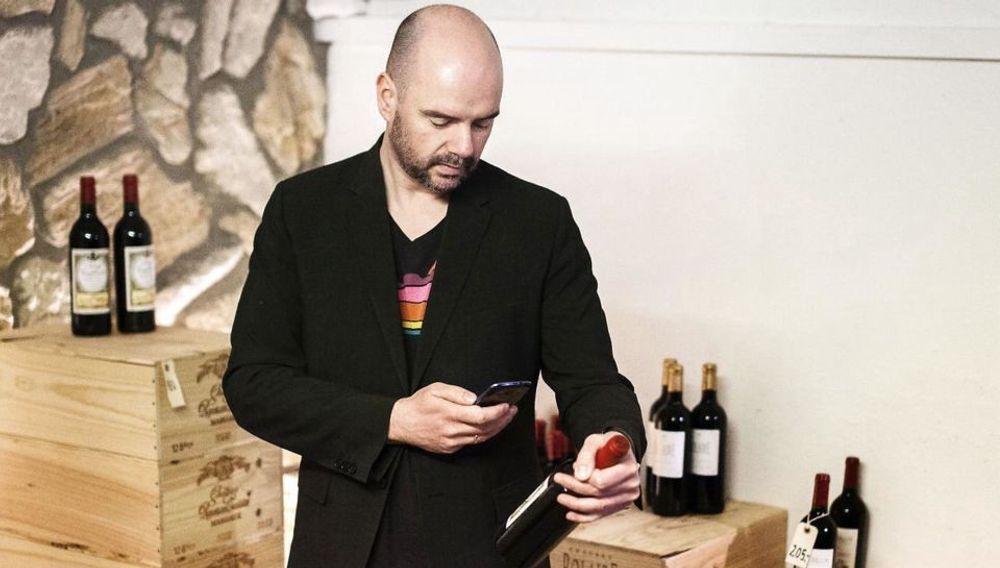
Heini Zachariassen of Vivino believes his app has helped democratise wine and make wine critics increasingly less powerful
So, is Heini right? Is the role of the traditional wine writer and critic done for? To answer the question, it’s worth pointing out that the critic and the writer are not necessarily pursuing the same goals. Criticism may take the form of writing, but forging a successful career from criticism involves trading on influence. I won’t fall foul of the hugely complex discussion on the impact of points and scores here, but I will link to a thoughtful letter by Matthew Fioretti of Cerbaiona in Tuscany.
Although many in the industry play both roles, we should remind ourselves they are still two distinctive responsibilities. Writing about wine offers endless avenues of exploration, reviews and criticism being only one of them. The global appetite for quality writing has probably never been higher than it is now and yet the vocation finds itself in a rut. Of course there’s a general trend of print publications struggling to profitably convert to digital, but plenty of other ‘subjects’ have found a way through this.
Paid column inches on wine have declined globally for years. Is that because the work is poor? Probably not. Perhaps, one of the obstacles is that our industry is obsessed by influence.
Good ol fashioned books

Spurrier hopes to give a platform and build a community for new and established writers on Academie du Vin Library
In returning to the basics of what the role of a wine writer should be, Steven Spurrier, one of the wine trade’s great names, has just founded what I think the industry needs – Académie du Vin Library, a new publishing imprint devoted entirely to books on wine.
“These days,” he says, “it’s not so much pure knowledge that people are looking for, but words to embellish the experience – of encountering, of tasting, of drinking, of remembering wine. I firmly believe that it’s the stories behind the labels that make wines worth taking about – and the more we can do to bring the producers’ own stories to people’s attention, the stronger their position will be in the marketplace.”
Storytelling then is the number one component of good wine writing. The better the story, and the better the telling of that story, the bigger the audience the writer will inevitably reach. Improving and mastering this art is one of the core skills but one that is, I sense, often forgotten, especially if compelled to engage in the daily digital struggle to demonstrate and justify influence.
Unfortunately though, there’s more to it than good writing. In Andrew Jefford’s Decanter column in December he reminded us “that wine writers are required to be as hyper mobile as air cabin crew”, a subtle declaration of the importance of experiencing the wines in their natural environment in order to appropriately communicate useful insight.
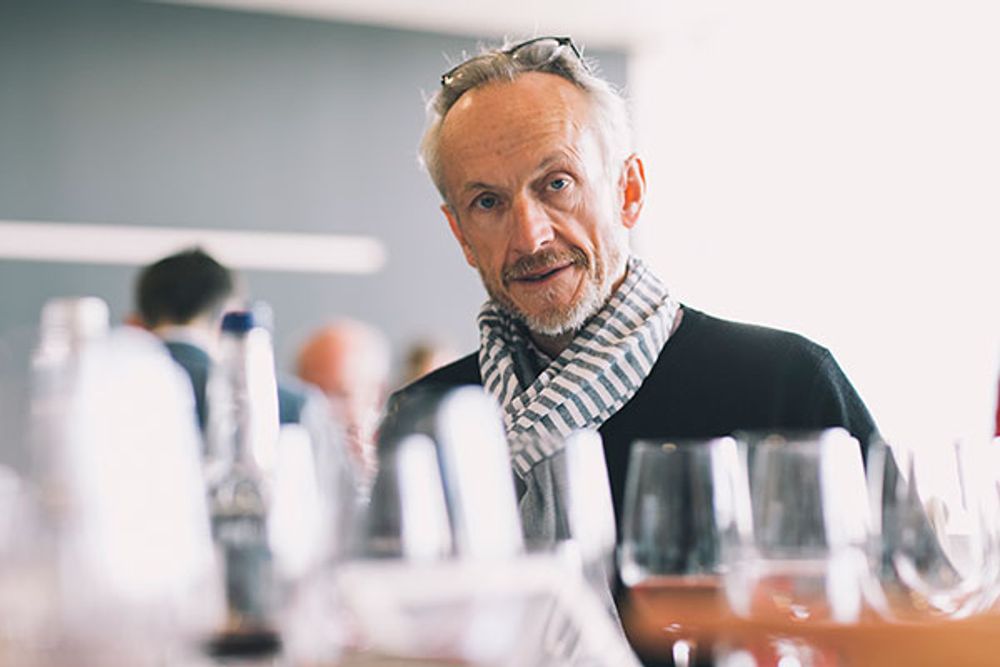
Decanter’s Andrew Jefford urges wine writers to get out and taste and visit producers
In my experience this is unwaveringly true. My best work has always emerged off the back of immersive engagement with a particular wine subject and I know of nobody involved in wine writing who would argue to the contrary. In fact, most would be horrified at the idea of writing about somewhere without spending plenty of quality time there first. Such travel represents a formidable barrier to entry however. Storytelling talent is a pre-requisite, but so is networking, penetrating often fragmented wine communities, and plugging away to access opportunities to participate in scenarios that will create experiences worth writing about.
Playing the long ball
A serious career in wine writing then necessitates a long term attitude. On Tom Wark’s Fermentation blog he points out that when it comes to wine writing, “longevity is a function of talent, without exception”. Talent can be nurtured; it can be given space to develop and shine, but it can also be squandered. There is only so long opportunities can remain ambiguous and elusive before interest is lost.
To stay in the game over the next few years, wine writers will likely have to commit to entrepreneurial projects that enable them to both travel freely but also earn enough to keep their personal lives in balance and feel that sense of progress. Ensuring quality wine writers stay the course and spend their energies and skills on the wine business instead of losing them to another field is something the wine industry should be collectively thinking about.
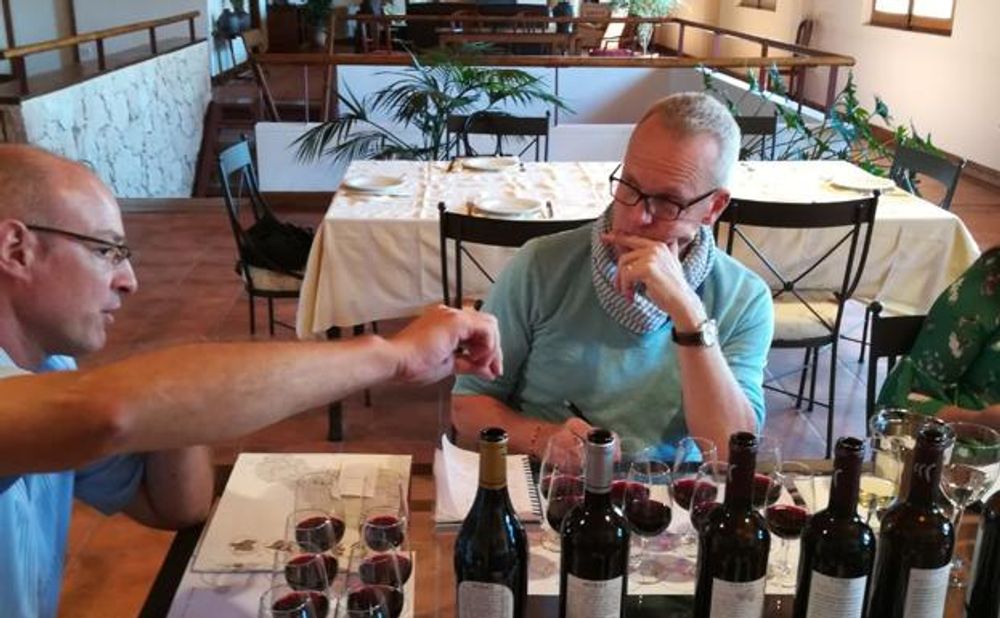
Tim Atkin MW now produces detailed tasting reports on key countries and regions around the world as a way to not only share his knowledge but as a revenue stream as part of his wine writing
There are things that can be done collaboratively. Coming together to rebuild the mediums in which quality storytelling is distributed is an obvious option, but so is fighting harder for our little space in the global industry ecosystem. Producers and trade bodies need to be told, continuously and much louder, why wine writing is important. We need to do more to promote and celebrate good writing and seek to popularise this work – even beyond the confines of the wine industry bubble.
Susan concludes that “although the role of the wine writer and critic is not finished, their group represents a difficult community. There are just too many variables to consider before deciding that these experts are not worth paying attention to. There is already a fall out after the initial euphoria, and I Imagine only the best will truly emerge”.
A life uncorked
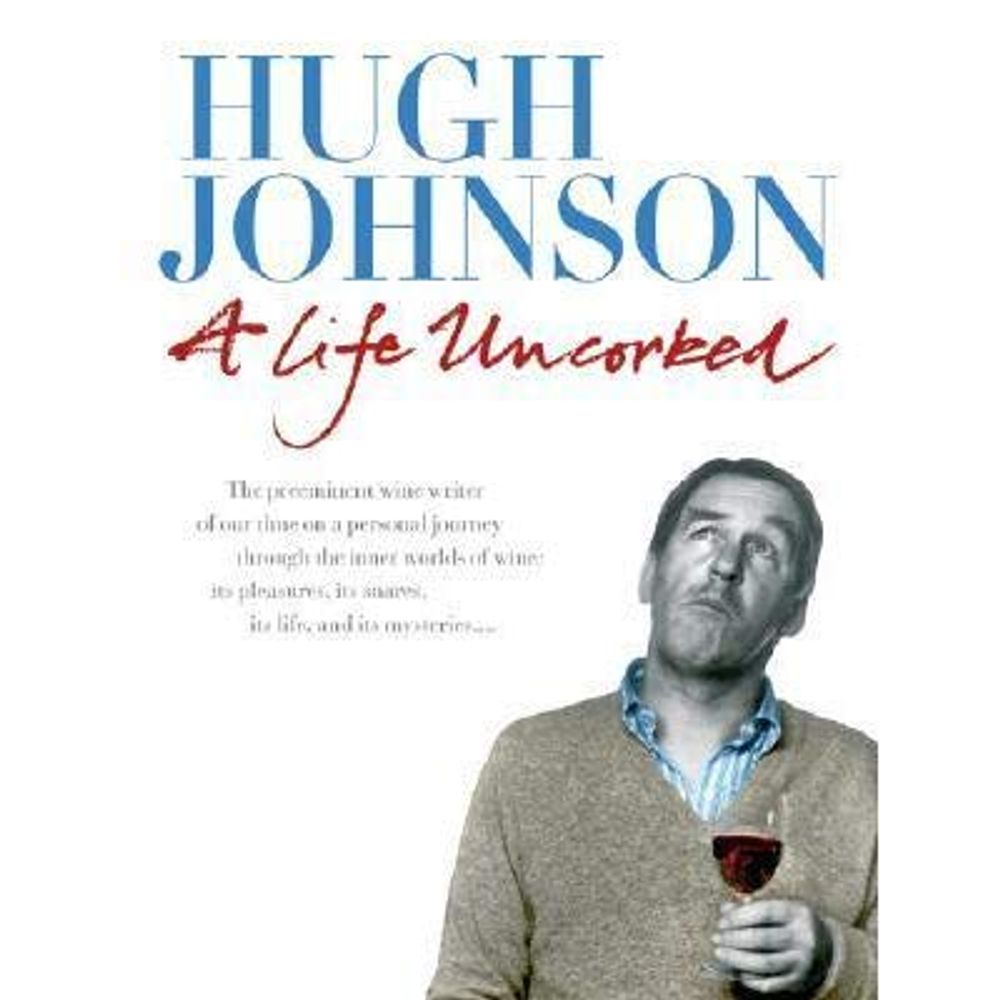
A must read for any wine writer, experienced or not, says Caputo
If I reflect on just two of those pieces of long-form wine writing that converted my growing interest in wine into an obsession that inspired a desire to work in this industry, they share certain characteristics. Whether new to wine or a life long enthusiast, Hugh Johnson’s ‘A Life Uncorked’ is a must read. I’ve read it five times at least and it never fails to translate the magic of wine into relatable stories. Neil Rosenthal’s ‘Life of a Wine Merchant’, while less poetic, is also a captivating account of building a New York wine business off the back of his passion for this endless subject and the people and places that make it so special.
Andrew Jefford does a tremendous job of infusing originality into his storytelling, often in the columnist’s tradition. Again though, his words take us on a journey. We feel we’re in the hands of someone who has mastered their craft and are happy to sit back and admire as he engages his readers and delivers clear value.
The wine writer’s role this year and next is to be an advocate of the form. There is no point raging against other digital creators in the wine space, even if they do compete for much needed access; instead our work is to stimulate and provoke reaction through entertainment, and education, or a hybrid of the two.
Preserving the longevity that helps cultivate talent will require a range of skills – investing in travel, mentally navigating an insecure professional environment, staying digitally savvy and resisting the urge to compete in the 24 hour, 365 battle to influence are just a few of them.
- Paul Caputo is a UK based wine writer, judge and critic. He is a VinItaly International Academy Ambassador and writes regularly for various publications. He spent 10 years importing and selling wine online as well as hosting various tasting events in the north of England. As well as offering content marketing consultancy to wineries, his main focus now is building Vinorandum into a trusted resource for wine information. You can read moe from him here.
